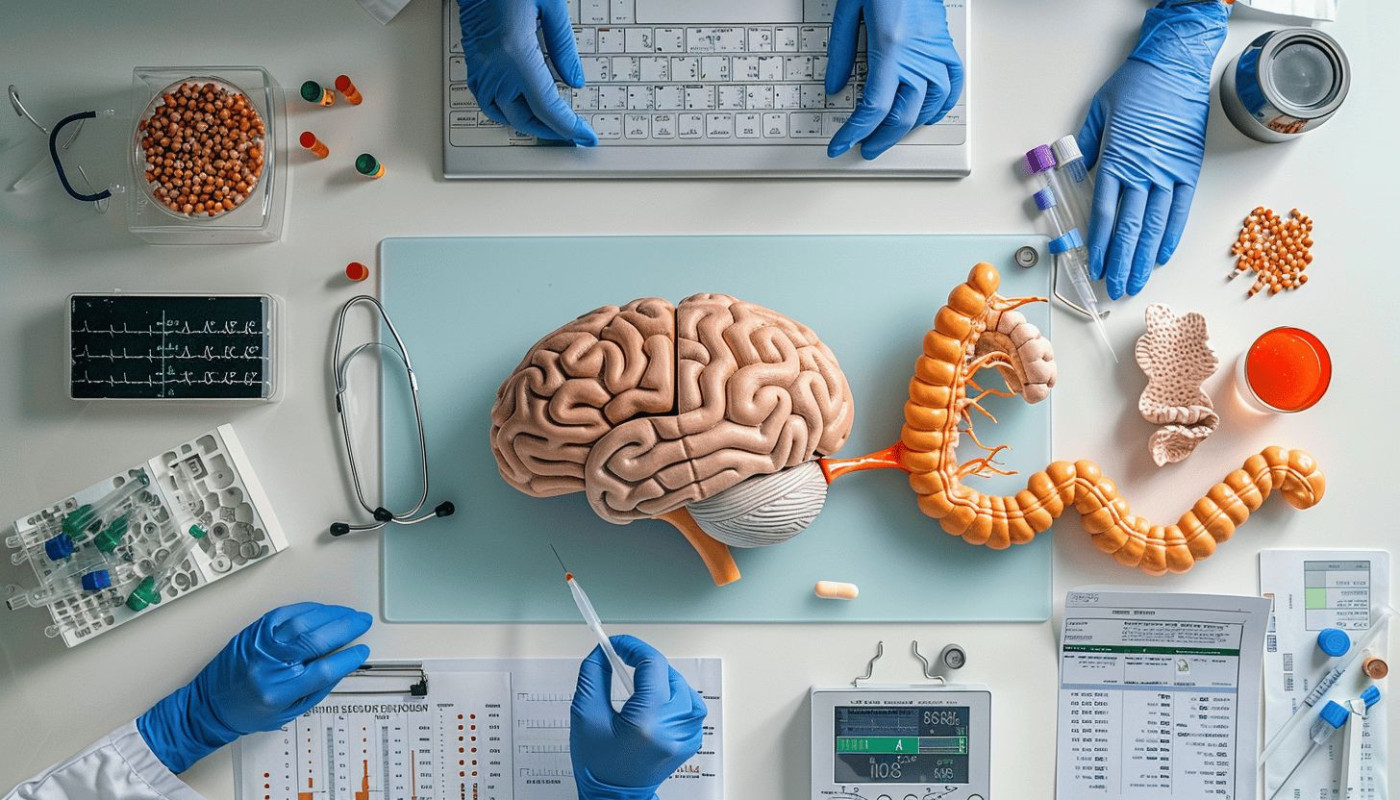Table of contents
The enigmatic dance between nature and nurture in shaping our lives has been the subject of considerable debate for centuries. However, with advancements in genetic research, we are beginning to unravel how our genes might just be holding sway over our health. The question is: Are we mere puppets wearing the strings of a 'genetic predisposition', or can we turn this so-called master into a servant? This intricate interplay deserves a deeper exploration and understanding. In this article, we will probe into what genetic predisposition truly means, its influence on various health conditions, and whether lifestyle choices can wield power over genetically dictated outcomes.
Understanding Genetic Predisposition
Genetic Predisposition refers to the increased susceptibility or likelihood of developing specific diseases due to the presence of certain variations or mutations in genes. These changes in genes can occur naturally or can be inherited. The central factor that plays a vital role in this predisposition is the variations in the genetic sequence, often referred to as Single Nucleotide Polymorphisms (SNPs). These SNPs, which are unique to each individual, result in different responses to diseases and medicines.
Bearing these mutations in genes does not necessarily mean that the disease will occur, but it does significantly elevate the risk of diseases. These risks can be influenced by various other factors like environmental conditions and lifestyle choices. Therefore, possessing knowledge about one's genetic predisposition can aid in making informed health decisions and taking preventive actions where possible.
The Role Of Genetics In Health Conditions
Genetic predisposition plays a pivotal part in determining our susceptibility to various health conditions, including cancer, heart disease, and diabetes. This often complex relationship is dictated by the concept of polygenic inheritance, a system wherein multiple genes interact to influence an individual's traits, such as their risk of developing certain diseases.
For instance, cancer genes are a primary example of how genetics can instigate disease. Certain inherited mutations can increase the likelihood of developing specific types of cancer, highlighting the role of genetics in disease risk. Heart disease, too, is often influenced by genetic components. Research has demonstrated that some individuals carry genes that can amplify their chances of developing heart conditions.
In the context of diabetes, certain genetic markers have been identified as risk factors. These genetic illnesses are often the result of the interplay of numerous genes, again embodying the concept of polygenic inheritance. However, it is vital to note that although genetic predisposition can heighten the risk, it does not guarantee the onset of these conditions. Lifestyle factors and overall health also play a significant role in the development of these diseases.
Influence Of Environment And Lifestyle On Genetics
Epigenetics, a fascinating field of genetics, is the study of changes in gene expression that do not involve alterations to the underlying DNA sequence. It illustrates the significant impact our environment and lifestyle have on our genes. Changes in our epigenome, the multitude of chemical compounds that inform the genome what to do, can directly alter our gene expression. The influence of the environment and lifestyle can be so dramatic that it doesn't merely alter gene expression – it can also fundamentally reprogram the function of the gene itself. This introduces an optimistic perspective that our genetic predisposition isn't a fixed destiny.
The interplay of environmental factors and lifestyle choices with our genetic makeup is a key area of study. For instance, dietary habits, exposure to toxins, physical activity, and stress levels can all influence our epigenome, thereby modifying our gene expression. This underscores the potential of lifestyle changes in redirecting our health trajectory, providing hope for control despite inherent genetic risks.
In summary, our genetic predisposition is not the sole determinant of our health. While it does play a significant role, the environment and lifestyle changes can modulate our gene expression, thereby, impact our health outcomes. Hence, genetics can be considered not just the master, but also the servant of our health.
Taming Our Genetic Masters
In the perennial quest for Healthy Living, the role of a person's hereditary component cannot be overlooked. It's a common belief that our genes are our destiny, dictating our health outcomes with no room for negotiation. Nevertheless, emerging research suggests a different narrative, one where we aren't entirely at the mercy of our genetic makeup. Instead, we appear to have a significant measure of control over our health destinies, thanks to a characteristic known as phenotypic plasticity.
Phenotypic plasticity refers to the ability of an organism to change its phenotype - the observable physical or biochemical characteristics - in response to changes in the environment. This capacity underpins the concept that adopting healthier lifestyles can play a pivotal role in Lowering Risks of diseases, even for those with a strong Hereditary Component laden with health adversities.
Multiple studies have underscored the effectiveness of lifestyle modifications in mitigating disease risks. A study published in the American Heart Association’s journal, Circulation, for instance, found that individuals with high genetic risk scores for heart disease managed to cut their risk in half by adhering to a healthy lifestyle. Similarly, research in the Journal of the American Medical Association revealed that type 2 diabetes risk was significantly reduced through lifestyle changes, irrespective of the genetic risk.
In conclusion, these findings instill optimism, highlighting that though our genes may predispose us to certain health problems, they don't necessarily seal our fate. By embracing healthier lifestyle choices, we can influence the expression of our genes, effectively taming our genetic masters and steering our health in a positive direction.
Similar articles

Exploring the link between gut health and mental well-being

Exploring The Effectiveness Of EMDR In Treating Various Psychological Disorders

Unraveling the Connection Between Gut Health and Mood

Can A Medical Intuitive Accurately Assess Your Health?

